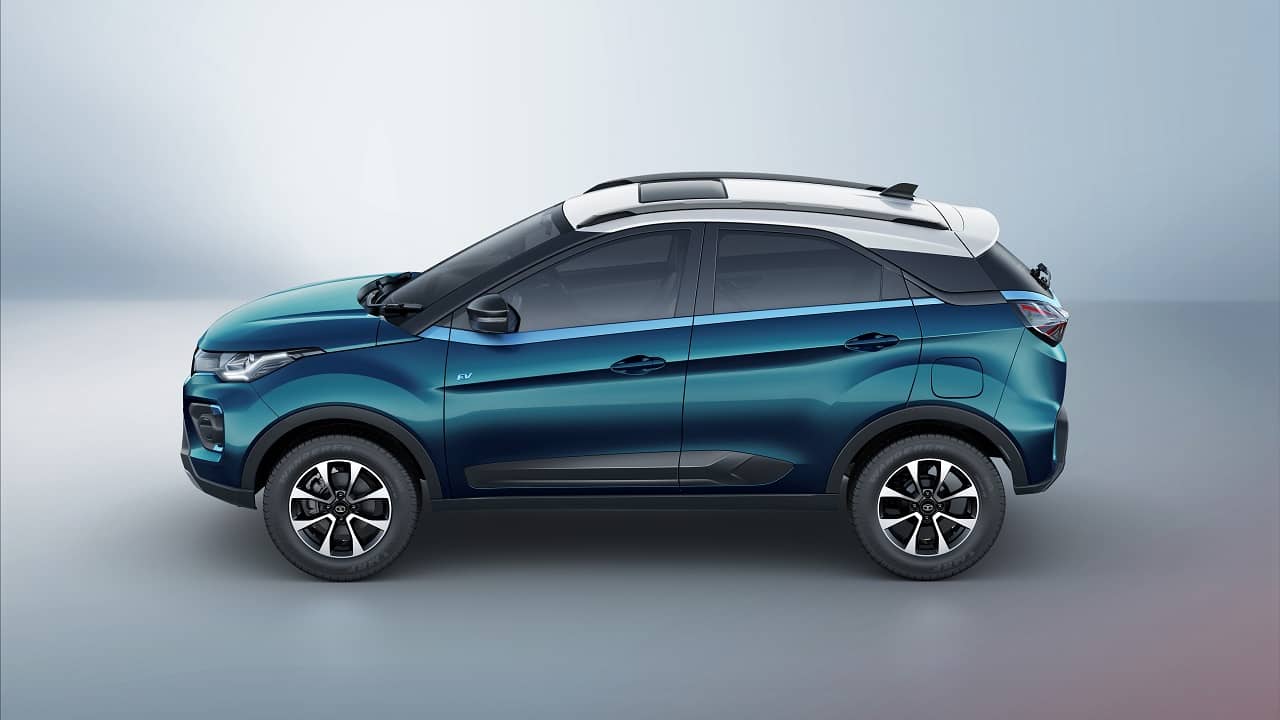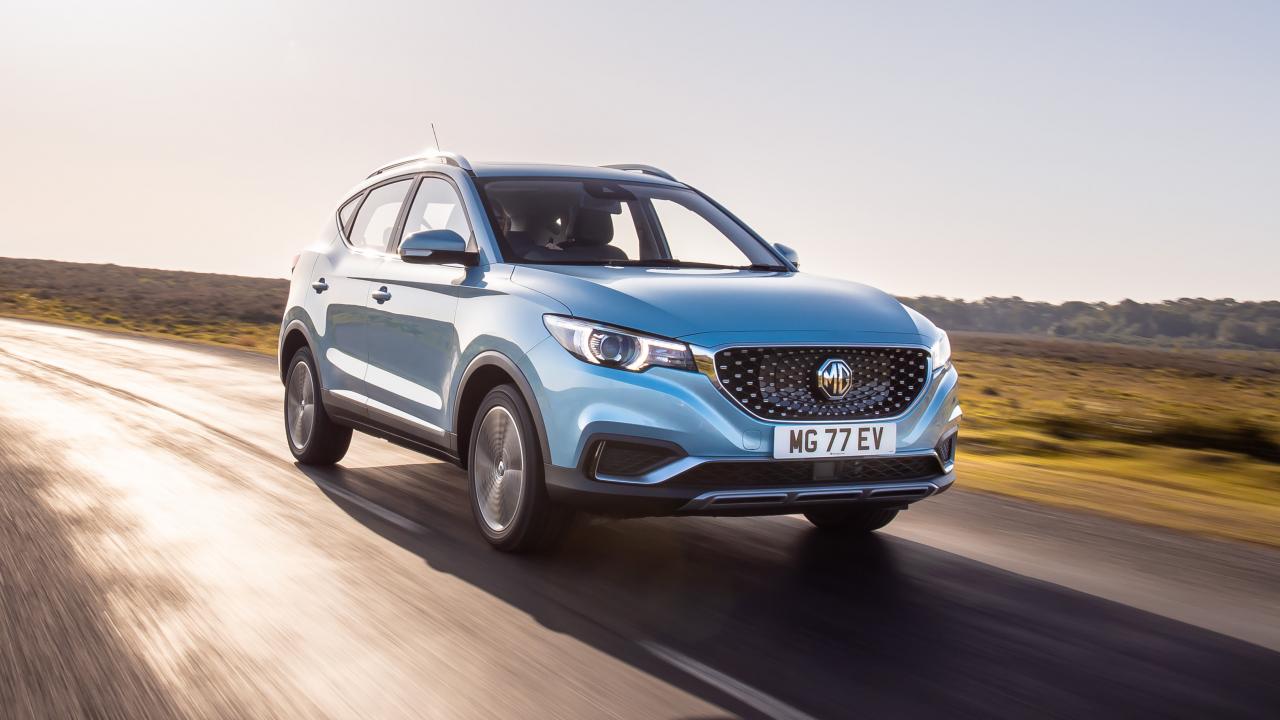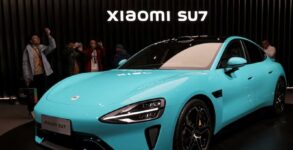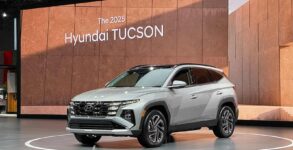India still struggles with its electrification cover. It would take ages for India to be completely electrified. But it seems in terms of electrifying cars India has started it soon. 2020 will see multiple electric car launches in India that too across multiple segments. If not for long highway rides, electric cars do make sense for daily commuting at least.
Yes, there are challenges with respect to charging infrastructure, availability of electricity and even the source of electricity could be questioned, but starting at the right time is what that deserves acknowledgement.
Following cars to be launched in markets in 2020-
Mahindra eKUV100
It had been earlier confirmed in 2019 that Dr. Pawan Goenka, MD & CEO, Mahindra & Mahindra will launch the electric KUV100 in India this year. In fact, the company began testing the electric car a while ago and here are the said details of the car- KUV100 had a 15.9 kWh lithium-ion battery offering a good range of about 120 kilometres. The electric motor made around 40kW and 120 Nm.
 Tata Nexon EV
Tata Nexon EV
Tata Motors will launch the Nexon EV in India in January 2020. Some of the top notch specifications of Tata Nexon EV are- It uses a permanent magnet AC motor, which will be powered by a Lithium-Ion battery that is liquid-cooled and IP67 certified. It uses a 30.2 kWh battery offering a maximum range of over 300 km on a single charge. The new electric powertrain in the Nexon EV puts out 245 Nm of peak torque, enough to clock triple digit speeds in 9.9 seconds. The battery can be charged up to 80 per cent in 60 mins using a fast charger while it will take 8 hours to do the same using a home charger. Nexon EV is good to go for 150 km. IT will be available in 3 variants – XM, XZ+ and XZ+ Lux.
Watch: E-bus introduced to curb air pollution seen getting charged using diesel generators
MG ZS EV
MG’s second launch after the Hector will be the ZS electric SUV. We have already driven the MG ZS EV and believe that it holds immense promise as a daily runabout. It’s launch date is January 2020. The MG ZS electric SUV features a three phase permanent synchronous electric magnet motor which makes power equivalent of 140.7 bhp at 3,500 rpm and has a peak torque output of 353 Nm at 5,000 rpm. The power comes from a 44.5 kWh battery which is IP67 rated which means it is resistant to dust and waterproof up to a depth of 1 metre and it offers an ARAI certified range of 340 kilometres, which is quite decent. It is loaded with features too and of course, is a connected car as well.
Nissan Leaf
The Nissan Leaf stands as the most sold electric vehicle in the world. It had two battery options – one with a 40kWh battery system, having an EPA cycle range of 241km, and the other with a 62kWh battery with a range of 364km.
There are also technologies like the regenerative braking that charges the battery every time you press the brake pedal and there’s also e-Pedal, that mimics the engine braking to enhance the regenerative braking, even if you are not pushing the brake lever. Nissan Leaf will most likely get two charging methods, one through a regular socket for charging the car while in transit and also a home mounted AC charger.


 Tata Nexon EV
Tata Nexon EV


















